元宵節(jié)英語手抄報(bào)素材
無論是在學(xué)校還是在社會(huì)中,大家都接觸過手抄報(bào)吧,手抄報(bào)對(duì)全面落實(shí)素質(zhì)教育,培養(yǎng)具有創(chuàng)新意識(shí)、創(chuàng)造精神的人才具有很重要的意義。那么什么樣的手抄報(bào)才更具感染力呢?以下是小編收集整理的元宵節(jié)英語手抄報(bào)素材,僅供參考,大家一起來看看吧。
元宵節(jié)英語手抄報(bào)素材
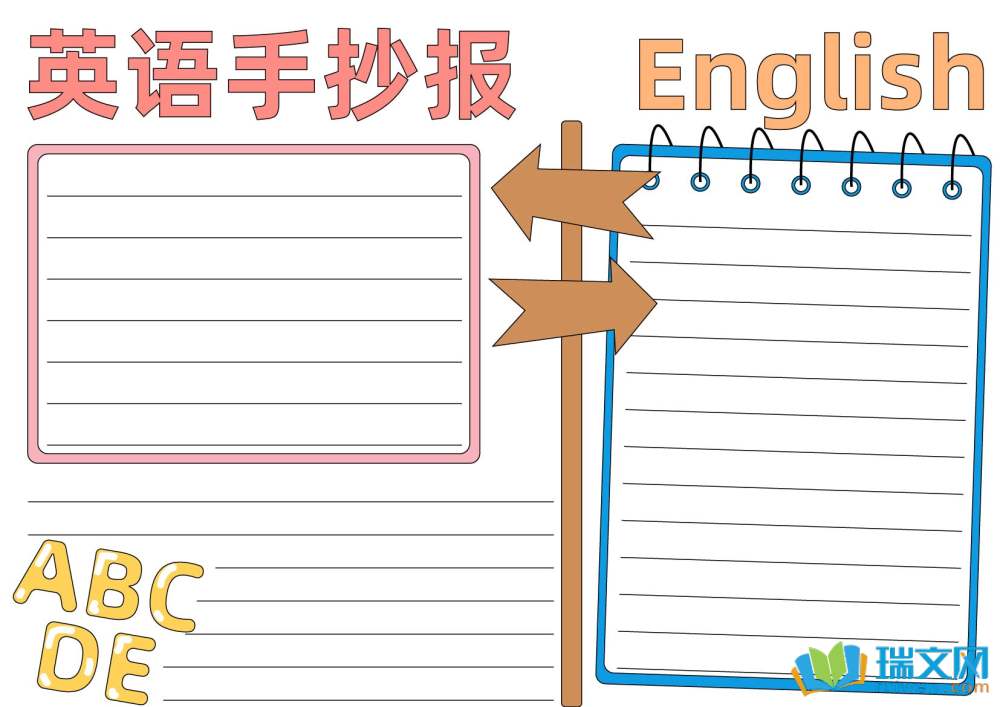
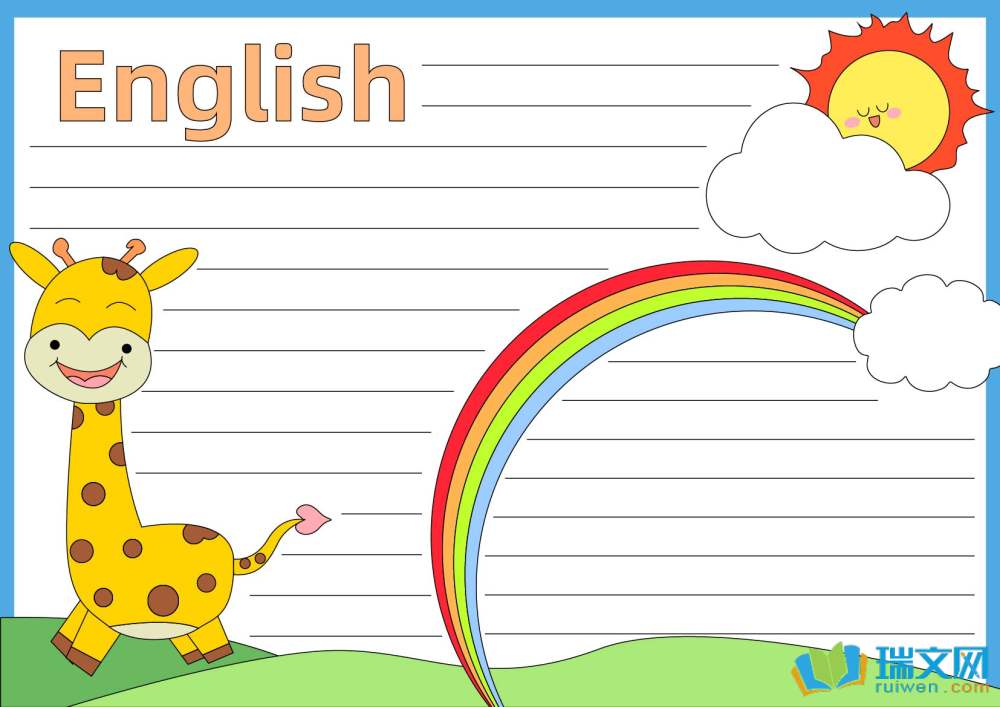
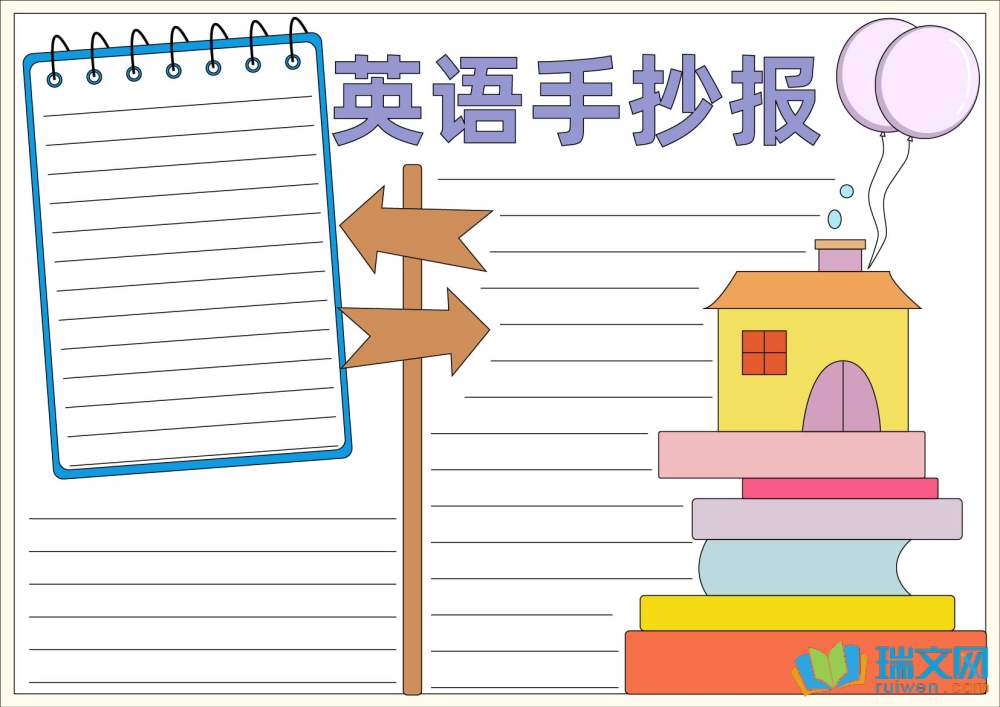
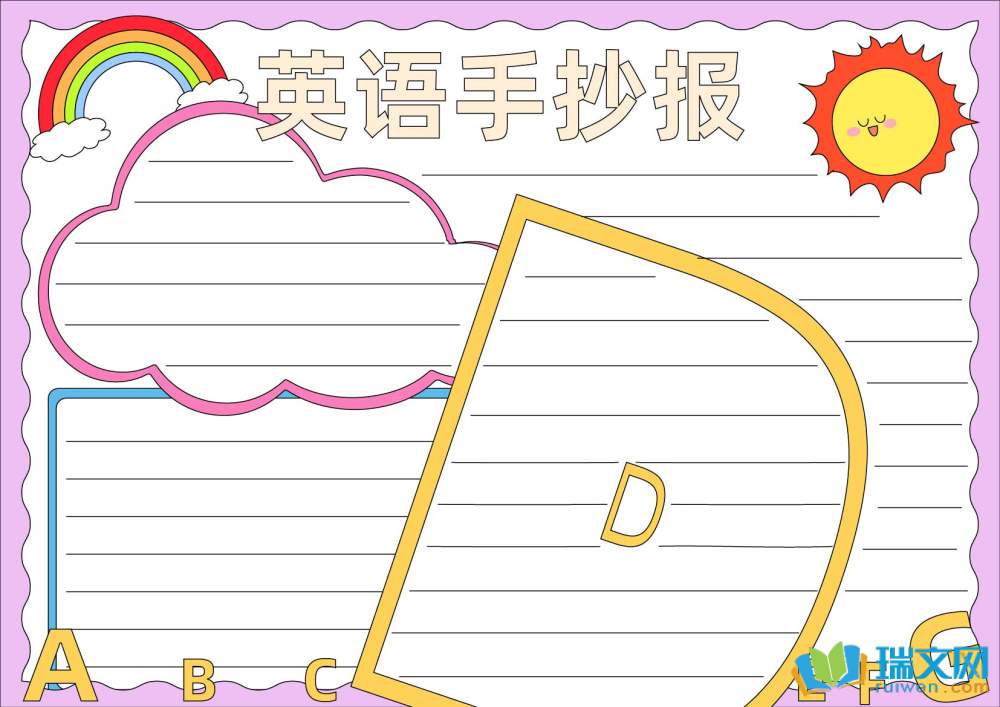
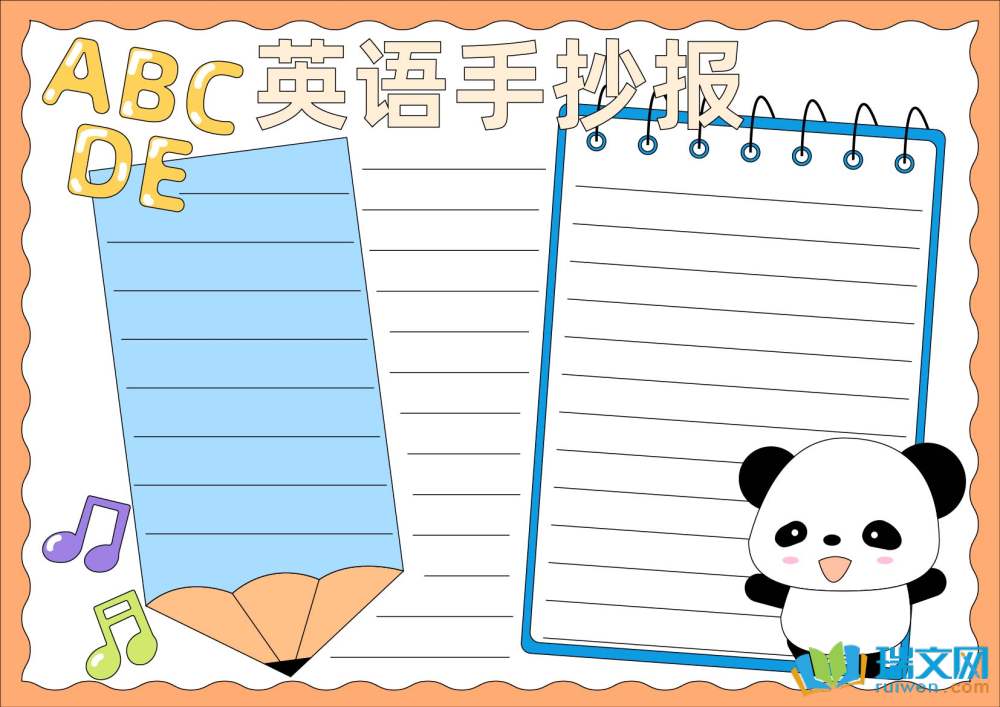
元宵節(jié)習(xí)俗英語介紹
Yuanxiao is the special food for the Lantern Festival. It is believed that Yuanxiao is named after a palace maid, Yuanxiao, of Emperor Wu Di of the Han Dynasty. Yuanxiao is a kind of sweet dumpling, which is made with sticky rice flour filled with sweet stuffing. And the Festival is named after the famous dumpling. It is very easy to cook - simply dump them in a pot of boiling water for a few minutes - and eaten as a dessert.
元宵是元宵節(jié)的特色食品。據(jù)說,元宵是因漢武帝時(shí)期的一位名叫元宵的宮女而得名。元宵是一種帶餡兒的甜食,是由糯米粉加上甜的餡料制成。元宵節(jié)就是因此食品得名。元宵的烹制方法非常簡(jiǎn)單,將元宵倒入裝滿沸水的鍋中煮幾分鐘就可以了。
Guessing lantern riddles元宵節(jié)習(xí)俗:猜燈謎
"Guessing lantern riddles"is an essential part of the Festival. Lantern owners write riddles on a piece of paper and post them on the lanterns. If visitors have solutions to the riddles, they can pull the paper out and go to the lantern owners to check their answer. If they are right, they will get a little gift. The activity emerged during peoples enjoyment of lanterns in the Song Dynasty (960-1279). As riddle guessing is interesting and full of wisdom, it has become popular among all social strata.
猜燈謎也是元宵節(jié)活動(dòng)的一個(gè)基本組成部分。燈籠的所有者將謎語寫在一張紙條上,然后將紙條展示在燈籠上。如果賞燈者猜出謎語,就將紙條取出,然后找燈籠所有者確認(rèn)答案。打?qū)Φ脑挘麄兙涂梢灶I(lǐng)取一份小禮品。這個(gè)活動(dòng)起源于宋朝(960——1279)。猜燈謎活動(dòng)極富情趣和智慧,因此在全社會(huì)廣受歡迎。
Watch fireworks 元宵節(jié)習(xí)俗
In the daytime of the Festival, performances such as a dragon lantern dance, a lion dance, a land boat dance, a yangge dance, walking on stilts and beating drums while dancing will be staged. On the night, except for magnificent lanterns, fireworks form a beautiful scene. Most families spare some fireworks from the Spring Festival and let them off in the Lantern Festival. Some local governments will even organize a fireworks party. On the night when the first full moon enters the New Year, people become really intoxicated by the imposing fireworks and bright moon in the sky.
元宵節(jié)的白天會(huì)有舞龍舞獅、劃旱船、扭秧歌、踩高蹺。而在晚上,除了各種大型燈會(huì),燦爛的焰火也是一幅美麗的畫卷。很多家庭在春節(jié)時(shí)會(huì)留下一部分煙花等著元宵節(jié)放。有的地方政府甚至?xí)M織焰火晚會(huì)。當(dāng)新年的第一輪圓月升上夜空時(shí),人們都會(huì)因燃放的煙火和空中的明月而興奮。
介紹元宵節(jié):
The Lantern Festival, also known as the "Yuanxiao Festival" or the "Festival of Lanterns," falls on the 15th day of the 1st lunar month. It is a significant holiday in China, marking the end of the Chinese New Year celebrations.
元宵節(jié),也被稱為“元宵節(jié)”或“燈節(jié)”,落在農(nóng)歷正月初十五。這是中國(guó)一個(gè)重要的節(jié)日,標(biāo)志著中國(guó)新年慶祝活動(dòng)的`結(jié)束。
元宵節(jié)的習(xí)俗:
1、Watching lanterns: Families and friends gather to admire the beautiful lanterns and fireworks.
2、Eating yuanxiao: These are small dumplings filled with sweet fillings. Eating yuanxiao is said to symbolize family unity and happiness.
3、Solving lantern riddles: People write riddles on lanterns and try to guess the answers. This activity is said to promote intelligence and creativity.
1、看燈籠:家人和朋友聚在一起欣賞美麗的燈籠和煙花。
2、吃元宵:這是裝滿甜餡的小餃子。據(jù)說吃元宵象征著家庭團(tuán)聚和幸福。
3、猜燈謎:人們把謎語寫在燈籠上,并試圖猜出答案。據(jù)說這項(xiàng)活動(dòng)可以促進(jìn)智力和創(chuàng)造力。
元宵節(jié)的意義:
The Lantern Festival is not only a time for celebration and fun but also a reminder of the rich cultural heritage of China. It is a time for families to come together, enjoy each others company, and appreciate the beauty of traditional lanterns and fireworks.
元宵節(jié)不僅是一個(gè)慶祝和娛樂的時(shí)刻,也是提醒我們中國(guó)豐富文化遺產(chǎn)的時(shí)刻。這是家人團(tuán)聚、享受彼此陪伴、欣賞傳統(tǒng)燈籠和煙花之美的時(shí)刻。
【元宵節(jié)英語手抄報(bào)素材】相關(guān)文章:
大學(xué)元宵節(jié)英語手抄報(bào)素材02-22
國(guó)慶英語手抄報(bào)素材10-11
元宵節(jié)手抄報(bào)素材02-22
元宵節(jié)精品手抄報(bào)素材02-22
元宵節(jié)手抄報(bào)簡(jiǎn)單素材09-15
關(guān)于元宵節(jié)手抄報(bào)素材02-21